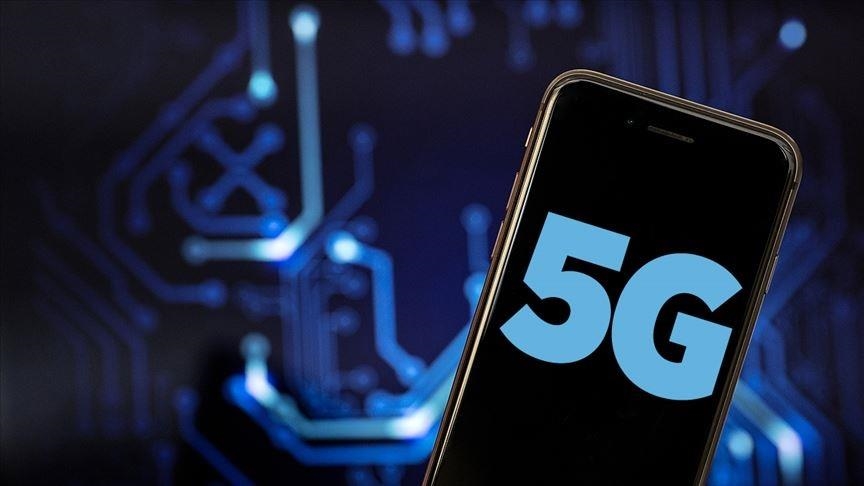Türkiye plans full 5G network connectivity implementation by next April
5G technology to enhance many aspects of day-to-day life in Türkiye, from industry to healthcare, agriculture to transportation, and education

ANKARA
Türkiye is planning to fully implement 5G technology, ushering in transformative changes across multiple sectors as of next April.
Türkiye’s mobile journey began with 1G in 1991, followed by 2G in 1994, 3G in 2009, and 4.5G in 2016. Preparations for 5G started in 2019 and have now reached their final stage.
The minimum frequency values for the 5G rollout were officially published this August. The minimum frequency value for a total of 11 frequency packages was set at $2.1 billion.
The 5G tender announcement prepared by Türkiye’s Information and Communications Technologies Authority (BTK) was published on Aug. 31 following a presidential decree.
Test deployments of 5G have already been conducted in key locations, including the stadiums of Türkiye’s top four football clubs, IGA Istanbul Airport, parliament in the capital Ankara, and roughly 30 other facilities across the country.
The next-generation network promises to boost cellular data speeds by at least 10 times compared to the current 4.5G, allowing for faster downloads, significantly reducing buffering when streaming high quality on-demand content like movies and shows, and more.
The latency between devices will be reduced to milliseconds, vital for real-time applications, while 5G will connect millions of devices -- ideal for smart cities and the Internet of Things.
Online gaming will be smoother with less lag, live broadcasts and video calls will buffer and load faster and in higher quality, and virtual reality (VR) and augmented reality (AR) applications will offer more seamless experiences with 5G.
Cellphones, tablets, self-driving cars, smart city systems like traffic control and energy management, industrial automation such as robots, remote healthcare services, and more will be enabled and enhanced by 5G.
The 5G technology will provide doctors with the capability to do remote surgeries using high-precision robots and real-time systems powered by 5G.
Traffic lights, cameras, water, and electricity systems will benefit from 5G, while energy savings and environmentally friendly applications will also increase.
Sectors such as agriculture, logistics, and education will be enhanced. Field irrigation and monitoring will be more feasible, while soil moisture and fertilizer levels will be measured and monitored in real time.
Cargo will be tracked instantly and uninterruptedly with 5G, allowing for vehicle locations and temperatures to be transmitted in real time via the networking technology, while robots, drones, and self-driving vehicles will use 5G for deliveries.
Interactive and innovative learning experiences via 5G will enhance education, while realistic simulations with VR and AR technologies will allow students to experience lab experiments and historical events. Distance learning will be of higher quality conducted with less lag, while 5G-equipped classrooms will allow for instant data sharing and teaching with artificial intelligence.








